Commerce Secretary Wilbur Ross made an appearance on CNBC to defend President Donald Trump's proposed steel tariffs, saying they are "no big deal." He also used a can of Campbell's Soup to defend what he insists will be their minimal impact.
"In a can of Campbell's Soup, there are about 2.6 pennies worth of steel. So if that goes up by 25 percent, that's about six-tenths of 1 cent on the price on a can of Campbell's soup," Ross argued. "I just bought this can today at a 7-Eleven ... and it priced at a $1.99. Who in the world is going to be too bothered?"
In a statement provided to CNBC earlier Friday about the tariffs, a Campbell spokesperson said the tariffs would indeed have an impact on the company's costs.
"Any new broad-based tariffs on imported tin plate steel — an insufficient amount of which is produced in the U.S. — will result in higher prices on one of the safest and more affordable parts of the food supply," the spokesperson said.
The company's response appears to lend credence to CNBC's observation that
When the costs of a company's business become more expensive, it can react by raising prices for shoppers or allowing those increased costs to chip into profits. But retailers like Walmart and Amazon are putting pressure on food companies to lower prices, and today's generation of food shoppers cares more about price than they do brand.
The president's proposed tariffs also "come at an inopportune time" for Campbell's, which has seen declining sales while it works to integrate its $4.87 billion acquisition of snacks company Snyder's-Lance.
Ross's appearance quickly became the subject of criticism. Many accused him of being "out of touch" with the average citizen and noting the irony of the nation's Commerce Secretary failing to foresee that "inflation of costs across the board will be enormous."
Ross also appeared on Fox Business to defend the proposed tariffs––and he once again employed his Campbell's Soup defense. Fox anchor Stuart Varney used increased steel costs on building the Keystone Pipeline to question Ross on the tariffs.
"Your tariffs, the president’s tariffs, add $300 million to it. That’s huge," Varney said.
"Well, it is huge, but it’s a huge project. It’s a multibillion-dollar project," Ross replied. "And what they did, they bought a lot of their steel from India prior to the president putting in the ‘Buy America, build America’ thing, so what they were doing was profiteering off dumped steel. That’s something we’re not going to tolerate because it costs American jobs. Everybody talks about the price, but what about the jobs?"
"The other potential criticism is that you face retaliation from other countries," Varney retorted. "And this morning, we had Sweden’s Electrolux, the biggest makers of appliances in Europe, they pulled or delayed a $250 million investment in Tennessee in the United States because of those steel tariffs. They say it would simply raise the cost of steel in America. They’ve delayed the project. Your answer?”
“Well, any time you get rid of dumped product, there will be a price increase," Ross explained. "The question is what does it amount to? Take a car. There’s about one ton of steel in a car, and if that goes up 25 percent from a 700-odd dollar base, that’s under a couple of hundred dollars, that’s around five-tenths of 1 percent of the price of a car. That’s no big deal." He added: "So the people are exaggerating it considerably, but you’ve got to look at the job creation and the impact on American employees."
Ross's defense came at the end of a week which saw U.S. allies criticize the United States for the president's proposal, which would impose penalties of 25 percent on steel imports and 10 percent on aluminum imports from all countries. The European Union, in particular, announced it would slap the United States with tariffs on products like Harley-Davidsons, Kentucky bourbon and blue jeans if President Trump goes ahead with his plan.
“None of this is reasonable, but reason is a sentiment that is very unevenly distributed in this world,” Jean-Claude Juncker, the president of the European Commission, said Friday.
Trump continues to attract heated criticism for several tweets he sent out early Friday morning in which he claimed that trade wars “are good, and easy to win.”
Yesterday, the president's trade adviser, Peter Navarro, said U.S. allies like Canada and the European Union will not be exempted from tariffs on steel and aluminum imports. He insisted the decision was not the president's alone.
“That’s not his decision. … As soon as [Trump] starts exempting countries, he has to raise the tariff on everybody else,” Navarro explained. “As soon as he exempts one country, his phone starts ringing from heads of state of other countries.”


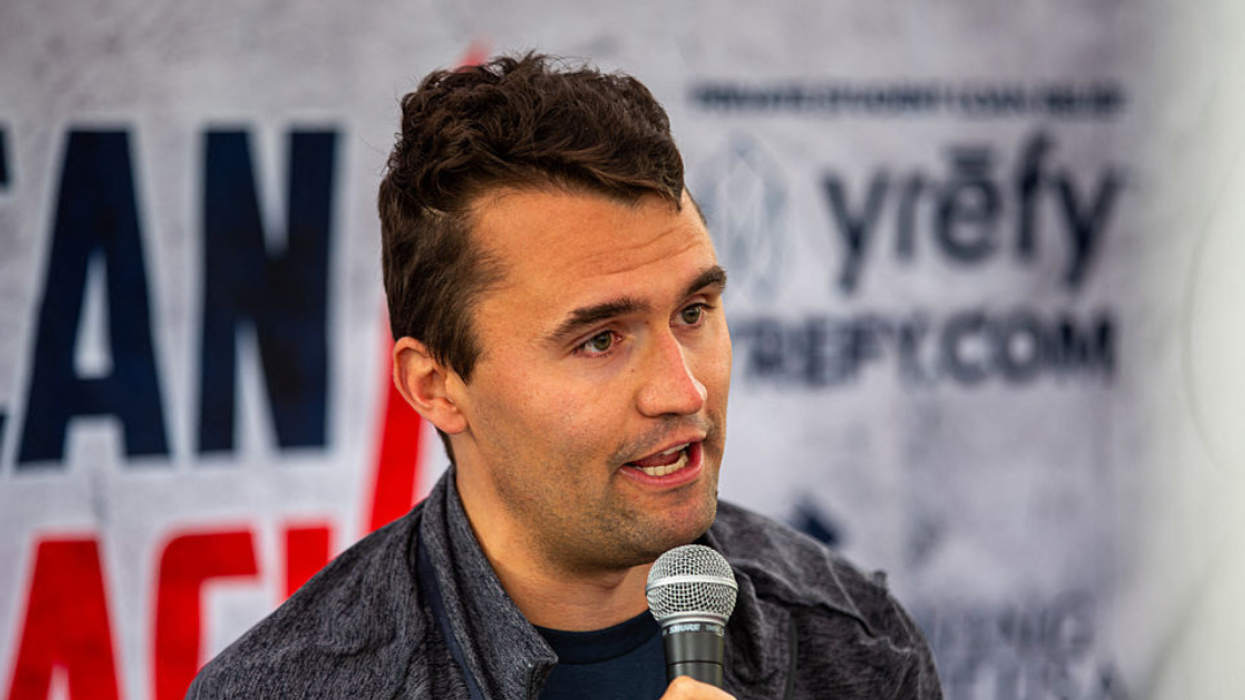


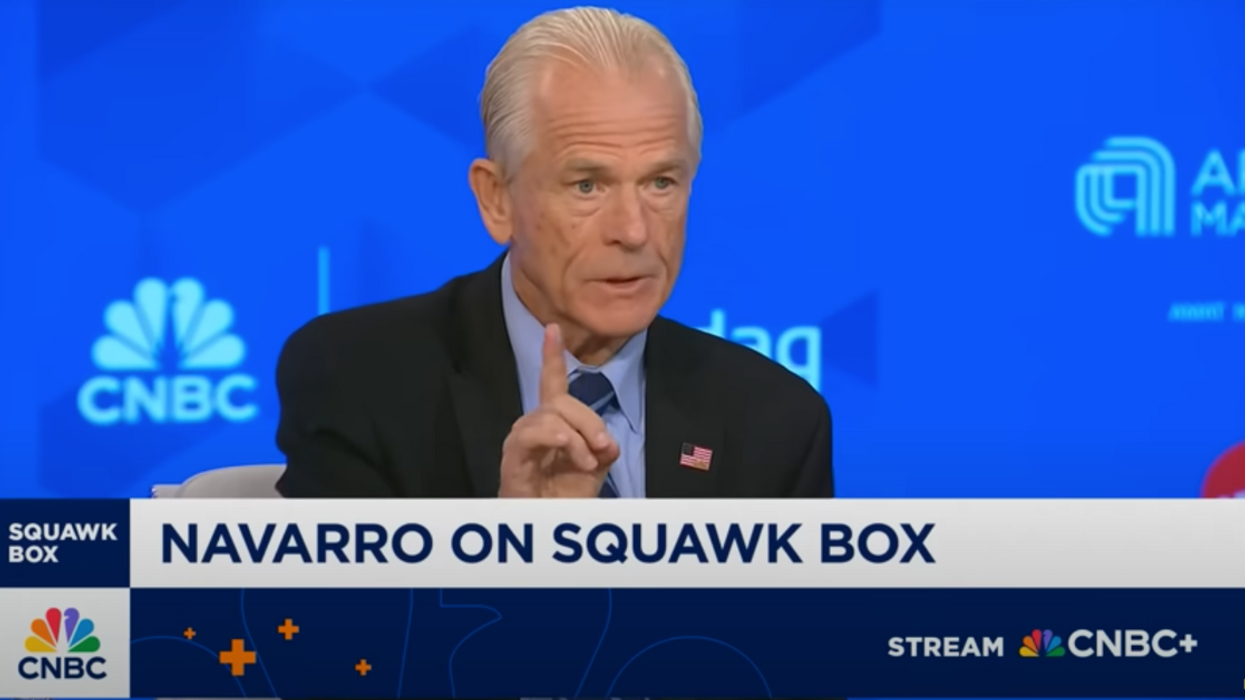

 r/television/Reddit
r/television/Reddit r/television/Reddit
r/television/Reddit r/television/Reddit
r/television/Reddit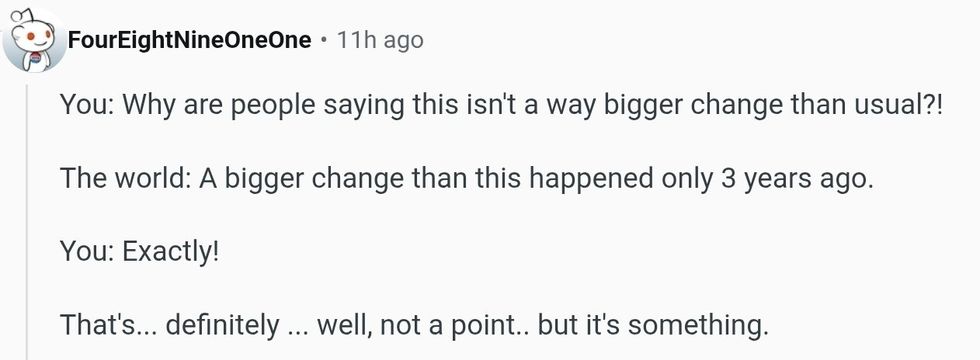 r/television/Reddit
r/television/Reddit r/television/Reddit
r/television/Reddit r/television/Reddit
r/television/Reddit r/television/Reddit
r/television/Reddit r/television/Reddit
r/television/Reddit r/television/Reddit
r/television/Reddit r/television/Reddit
r/television/Reddit r/television/Reddit
r/television/Reddit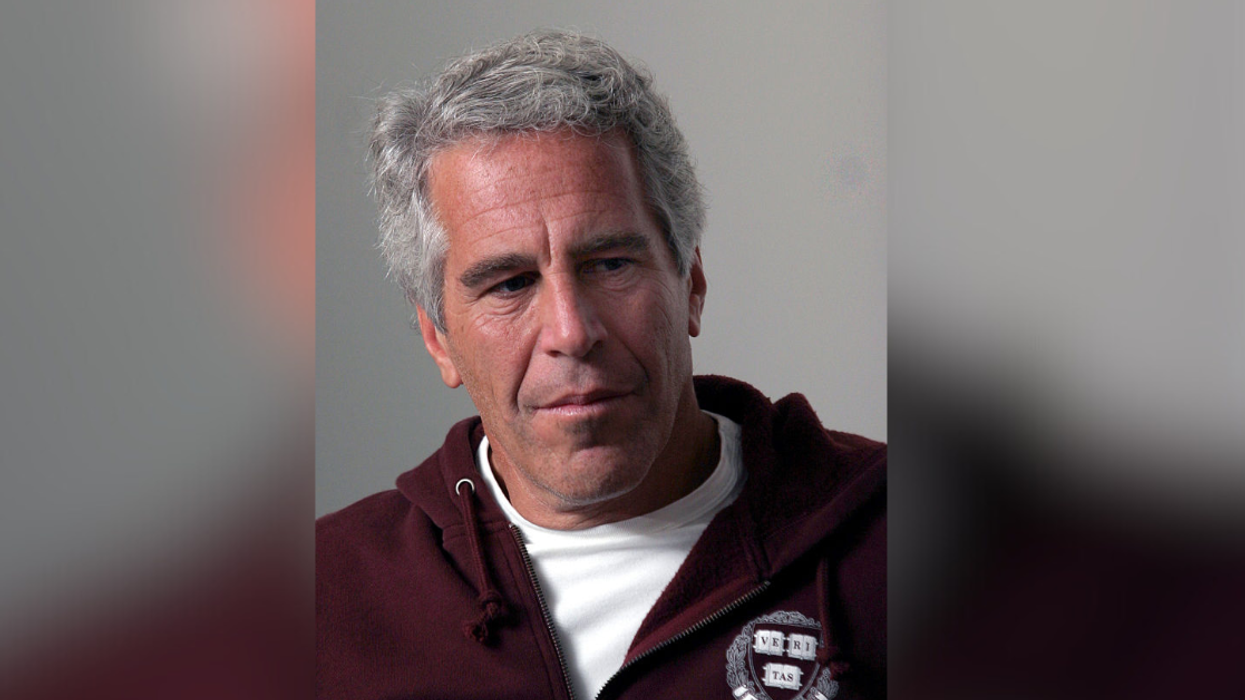

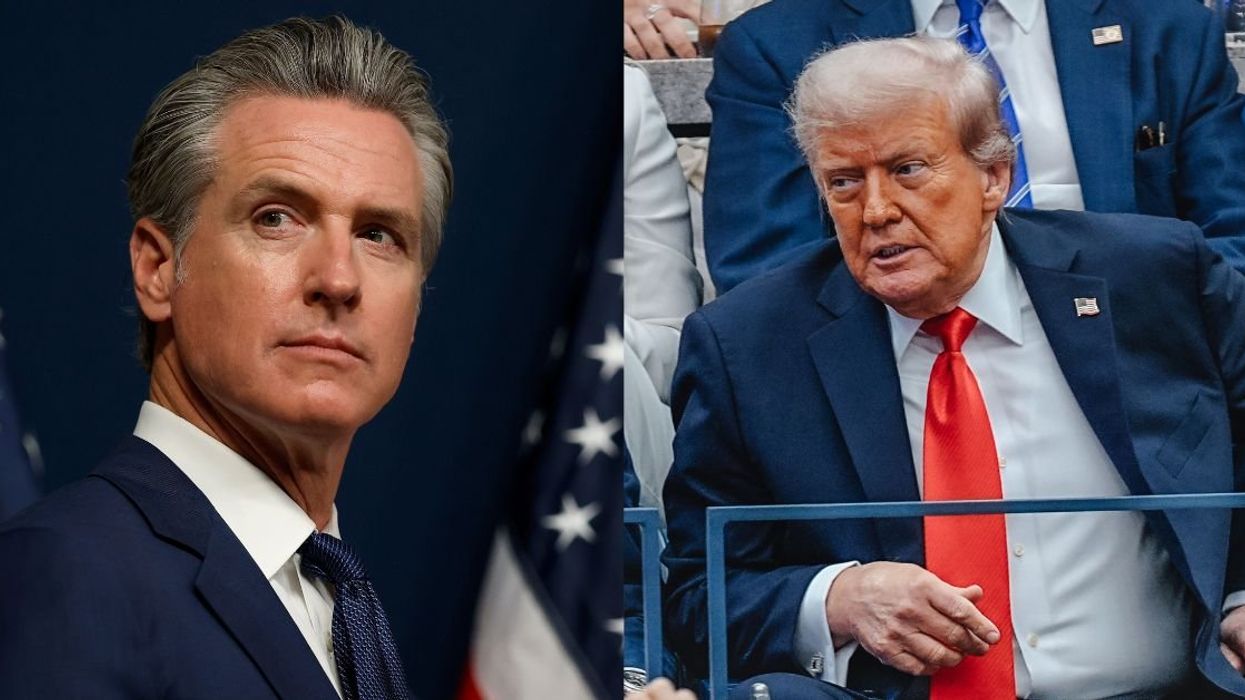
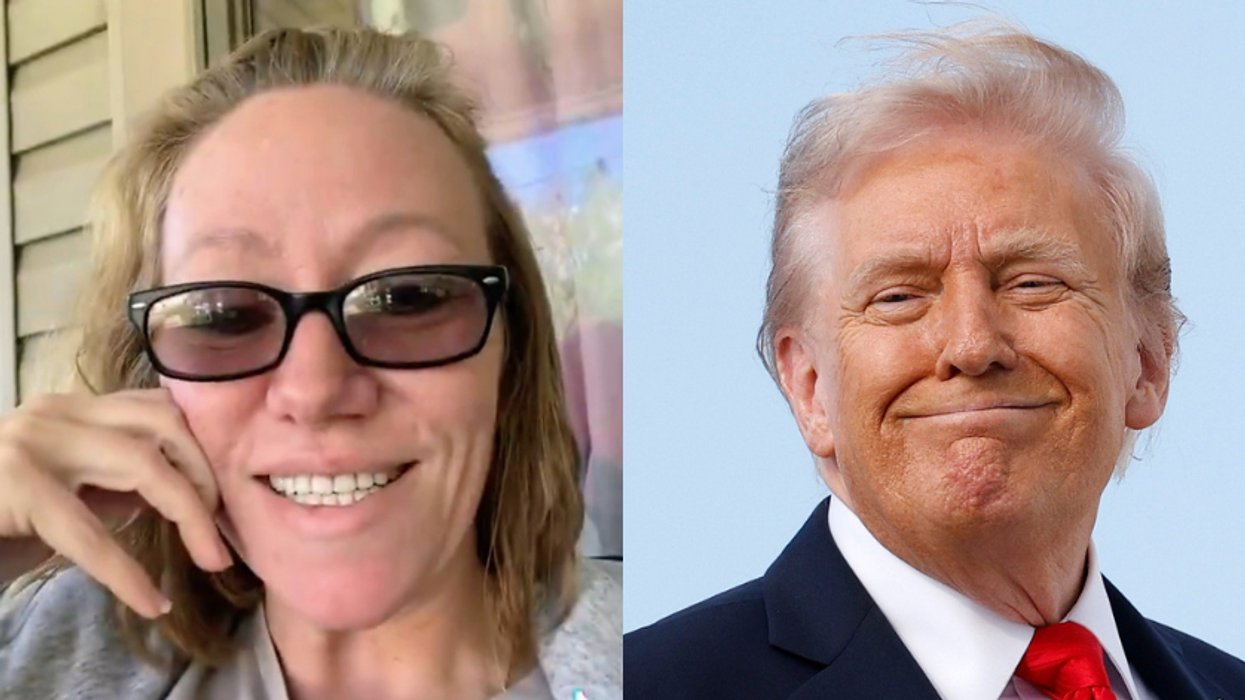

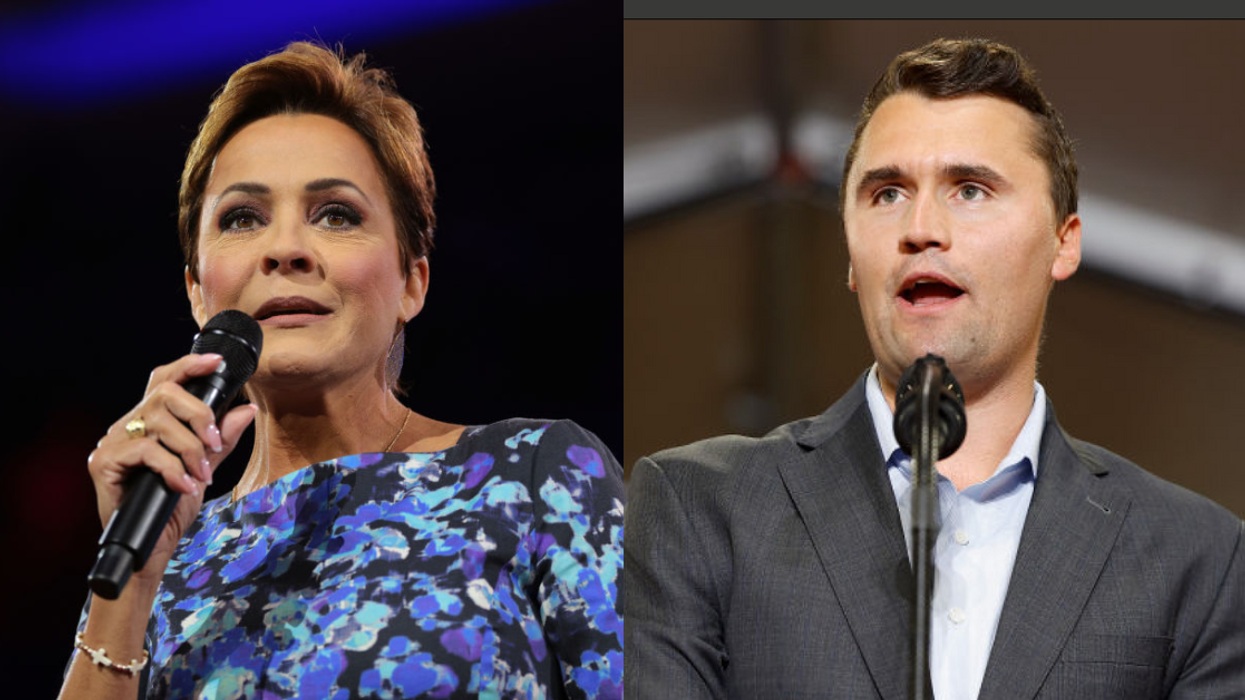
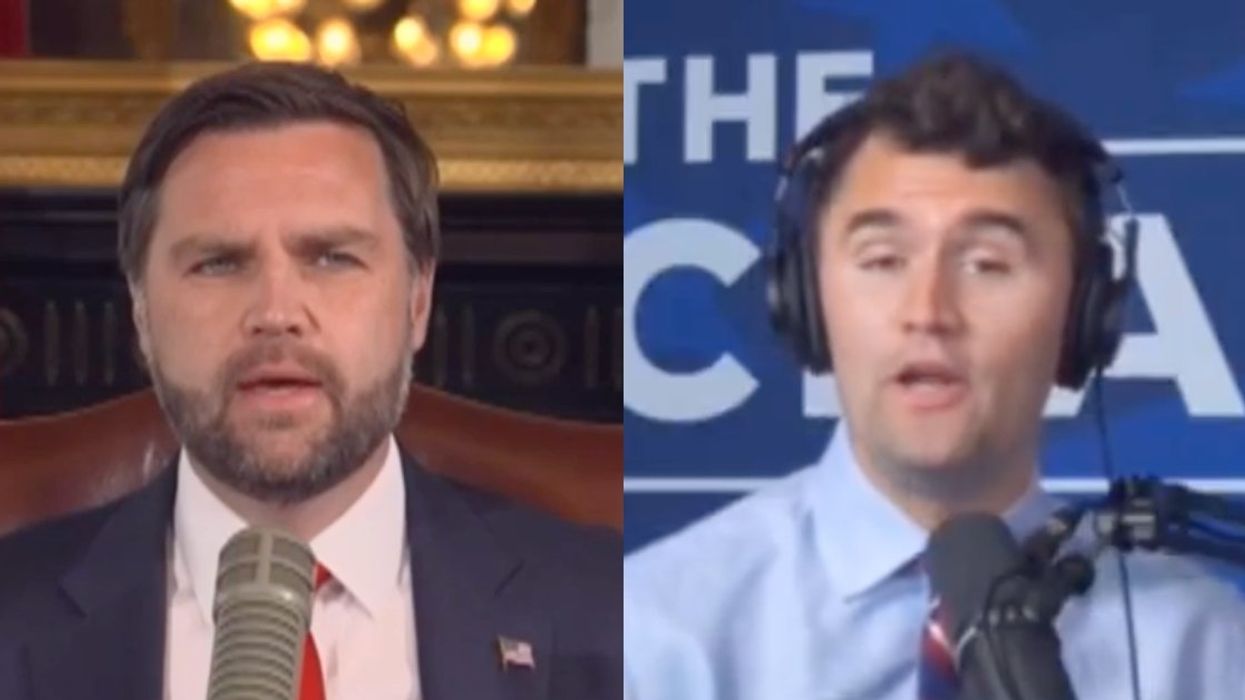
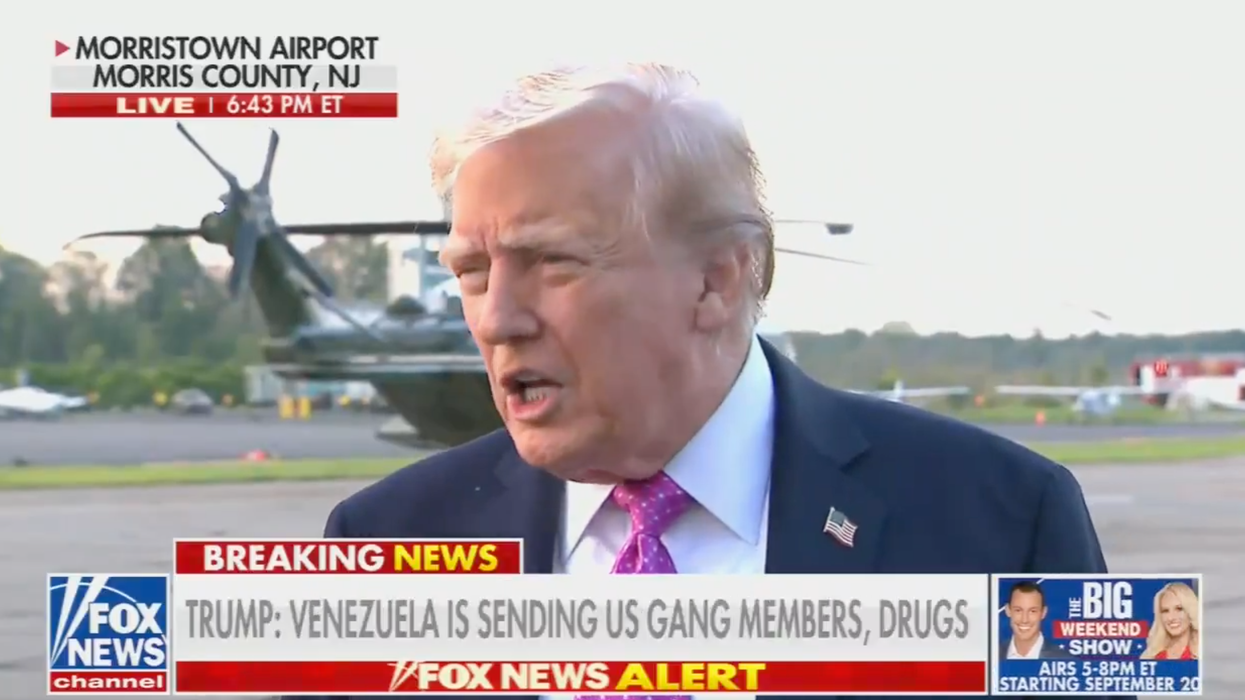

 Proud Katrina Kaif GIF by Priya
Proud Katrina Kaif GIF by Priya 
 The Fresh Prince Of Bel Air Reaction GIF
The Fresh Prince Of Bel Air Reaction GIF  Happy Vegetables GIF by PlayKids
Happy Vegetables GIF by PlayKids